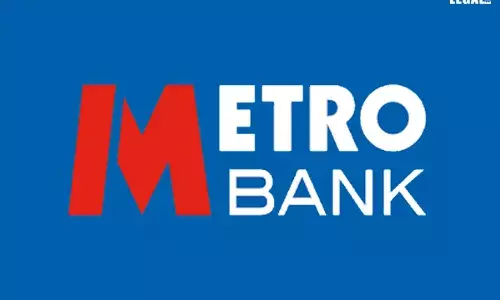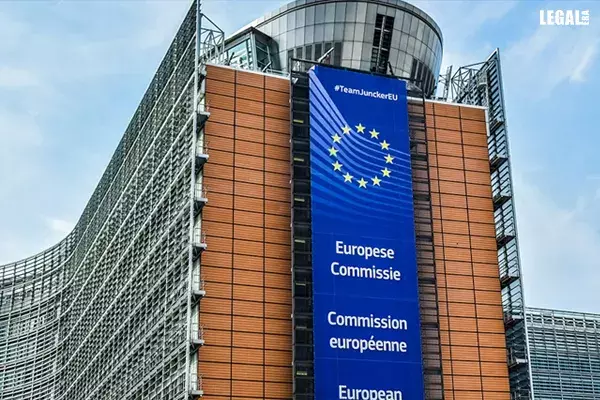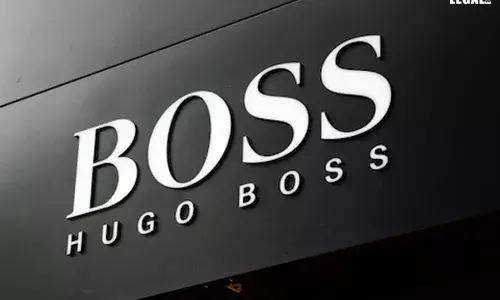High Court of England and Wales dismisses Vijay Mallya’s appeal against extradition order
The High Court of England and Wales (High Court) dismissed Vijay Mallya’s (Appellant) appeal against the order of his extradition to India in relation to the Kingfisher Airlines (KFA) fraud and related money laundering cases.The Indian Government made several extradition requests to the United Kingdom following which he was arrested and granted bail. The extradition requests originated from...
The High Court of England and Wales (High Court) dismissed Vijay Mallya’s (Appellant) appeal against the order of his extradition to India in relation to the Kingfisher Airlines (KFA) fraud and related money laundering cases.
The Indian Government made several extradition requests to the United Kingdom following which he was arrested and granted bail. The extradition requests originated from the Special Investigations Team of the Central Bureau of Investigation (“CBI”) in Mumbai alleging that “despite weak financials, negative net worth and low credit rating of the borrower company and despite the fact that M/S Kingfisher Airlines Ltd being a new client did not satisfy the norms stipulated in Corporate Loans Policy of the bank.”
An affidavit from India also alleged that “from inception (the Appellant) had intentions not to repay the loans” and that he “dishonestly and fraudulently” alienated assets to avoid recovery by the Bank after KFA’s default.
Vijay Mallya submitted that the Senior District Judge (SDJ) erred in admitting three categories of evidence:
(1) statements taken pursuant to section 161 of the Indian Criminal Procedure Code
(2) documents produced by the Government of India (GoI) without a statement producing them
(3) materials relevant to the conduct of Mallya after the collapse of KFA.
The High Court of England and Wales held that the allegations are of conspiracy between the Appellant and other individuals, within IDBI Bank and KFA, to obtain loans as a result of “undue favour”. The allegations then proceed to default, and to unlawful diversion and disbursement of some of the funds.” The Court also described Mallya as a fugitive.
The High Court noted that there is a prima facie case as the allegations of false representation are amplified by reference to prospective inward investment, inward infusion of funds by equity, unsecured loans, an “exaggerated Brand Value” of KFA offered as security, misleading forecasts as to growth of the business, inconsistent business plans including a Business Plan of January 2009 which “contained scaled down/lower projections [of anticipated losses] so as to avail the loan from the banks”.
The High Court went on to hold that, “The role of an extradition court considering this question is to consider whether a tribunal of fact, properly directed, could reasonably and properly convict on the basis of the evidence. The extradition court is, emphatically, not required itself to be sure of guilt in order to send the case to the Home Secretary. The extradition court must conclude that a tribunal of fact, properly directed and considering all the relevant evidence could reasonably be sure of guilt.”
After perusing the documents and summarising the findings of the SDJ, the High Court considered that there is a prima facie case which, in seven important respects, coincides with the allegations in India.
a) The three loans were disbursed as the result of a conspiracy between the named conspirators.
b) The loans were made despite KFA’s weak financials, negative net worth and low credit rating.
c) The loans were made despite the fact that KFA, as a new customer, did not meet the norms of IDBI’s Corporate Loans Policy.
d) The Appellant was party to false representations to induce the loans that funds would be inducted by way of unsecured loans, global depository receipts and equity.
e) The Appellant was party to false representations about inward investment, an exaggerated brand value, misleading growth forecasts, inconsistent business plans (including the January 2009 business plan).
f) The Appellant was party to the offer of “symbolic” and “grossly inadequate security” in the form of a negative lien on 12 hire purchase aircraft, despite knowing that KFA would not get title to them during the period of the loan.
g) The Appellant’s dishonest intention not to repay the loans is shown by his later conduct in trying to avoid the personal and corporate guarantees.
The High Court concluded that, “The issue is not whether the SDJ excluded the possibility that KFA’s business was viable. It is whether there was a prima facie case that the Appellant and the others charged did not believe that the business was viable, and capable of repaying the loans. Having scrutinised the conspiracy allegation with the appropriate care, the SDJ accepted that there was such a prima facie case.” The Court also pointed out that the SDJ correctly found a prima facie case that the Appellant was involved in a conspiracy to launder money.
The High Court thus dismissed Vijay Mallya’s appeal.









